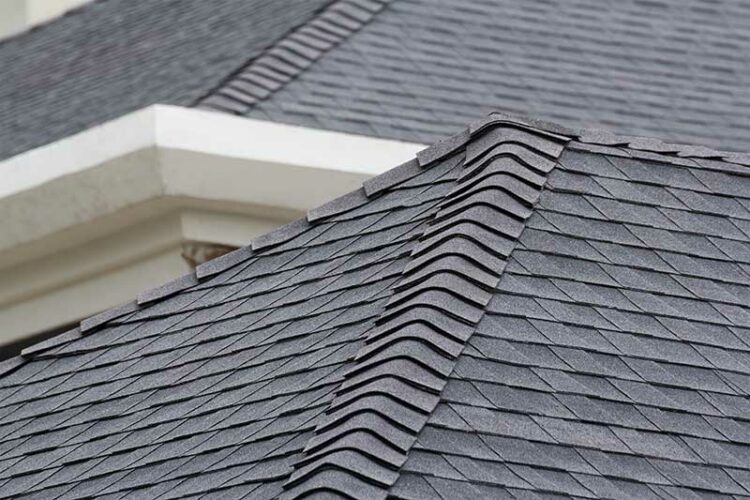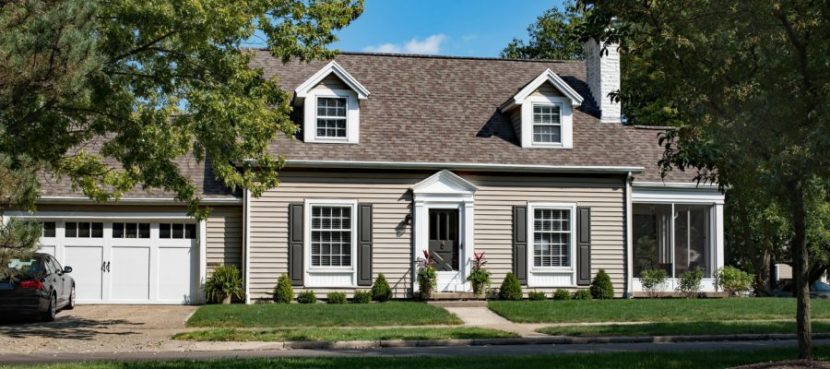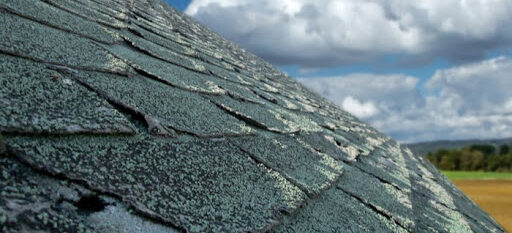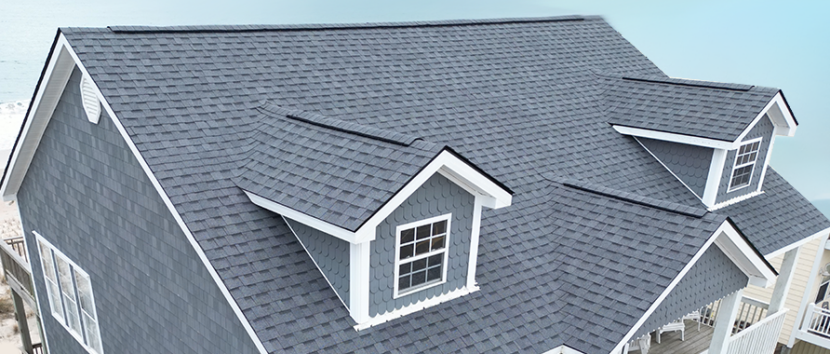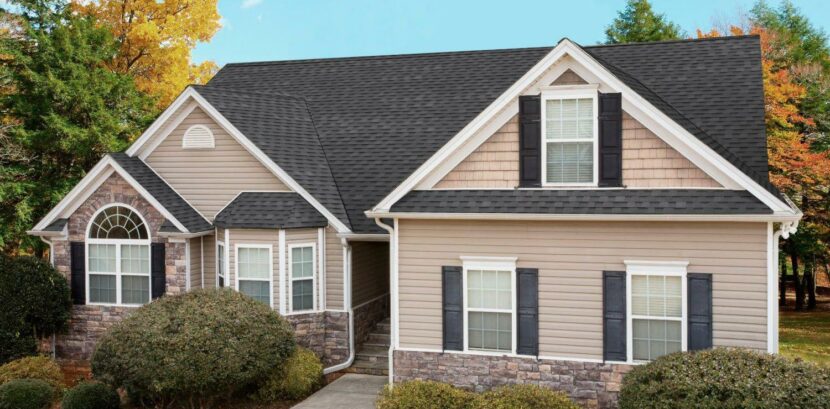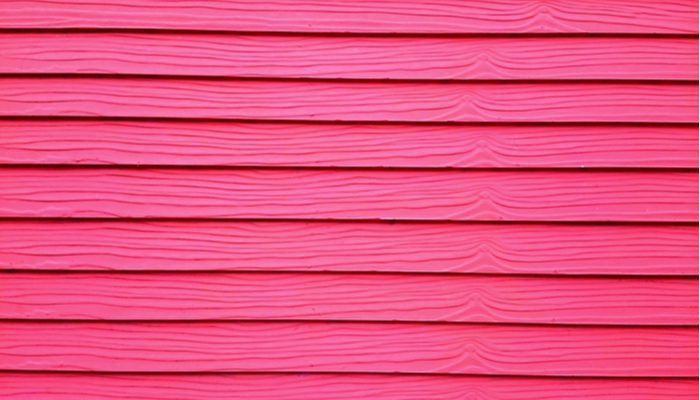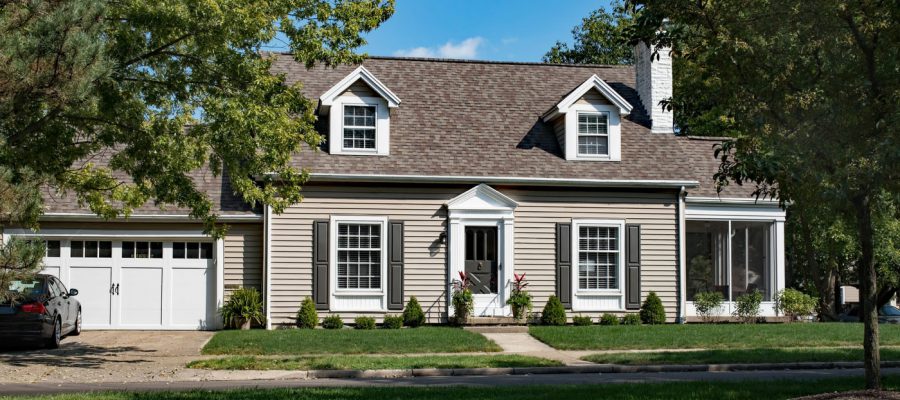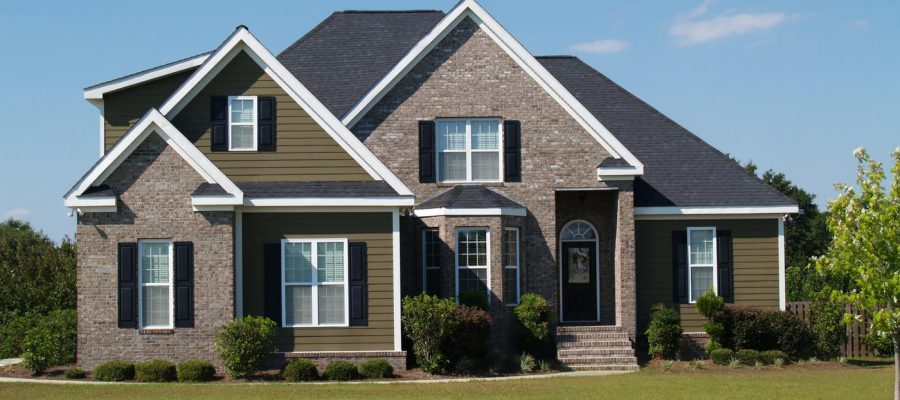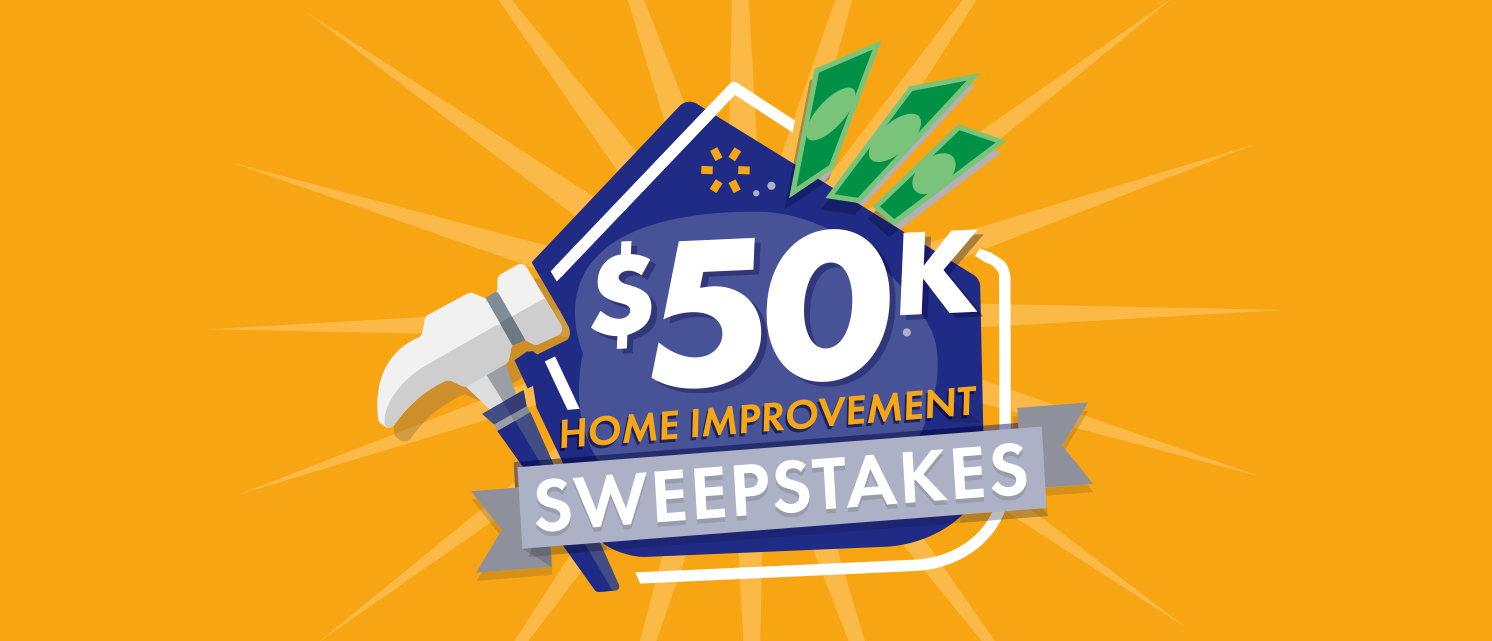3 Tab Roofing Shingles

Three-tab shingles are the go-to solution for empty bank accounts. They’re a pocket-friendly option if you’re willing to sacrifice some quality. Let’s find out if they’re the best option for your home.
What are 3-tab shingles?
Three-tab shingles, otherwise known as strip shingles, are a form of asphalt roofing that achieves a flat rectangular pattern. They’re constructed from layers of fiberglass, granules, adhesive, and asphalt. Some products include a waterproof bituminous coating and high-temperature burnt ceramic particles to disperse and reflect sunlight.
They’ve earned a reputation as the cheapest roofing material on the market, but that low price comes with sacrifices. They’re slimmer than architectural shingles, typically offering a thickness of about 0.19 inches. Architectural shingles have a similar structure but are 50% heavier. That lends them an impressive lifespan of 30 to 50 years. Even so, 3-tab shingles not without their benefits.
Get a Free Estimate Today
50% off installation. Special financing available. See details.
What are the benefits of 3-tab shingles?
The width of strip shingles is as beneficial as it is damning. They’re the lightest roofing options on the market, so they’re a go-to solution for homes that can’t withstand heavier materials. They’re equally light on the pocket. If you’re looking for roofing that’s quick to install and easy to maintain you’ve met your match.
If tabs erode, a roofer will be able to replace them in a matter of hours. They offer a wide-angle slope and require no special installation accessories. Your contractor will simply snip, cut, and fasten them in place. Most products are recyclable and planet-friendly. The uniformity of their surface gives you a sleek, flat aesthetic that few other roofing materials can mimic. Minimalists will value their unassuming elegance.
How weather-resistant are 3-tab shingles?
Three-tab asphalt can only withstand winds of 60 to 80 miles an hour, so they don’t meet building codes in all states. In contrast, architectural shingles can withstand winds of up to 120 miles per hour. If you live in hurricane alley, strip shingles aren’t the product for you, but they’re a cinch in mild-weather regions.
While class A products are fire-resistant, Class B options can ignite when they’re exposed to prolonged heat. Warm weather can also cause expansion and contraction, leading to hairline cracks. Stone chips can improve their hail resistance and heat insulation while keeping you cozy in winter. Asphalt shingles offer an average R-value of 0.44. In short, we recommend this option in mild climates for homeowners who are looking for a balance of value and ease.
What’s the difference between 3-tab and architectural shingles?
Think of architectural and 3-tab shingles as distant cousins. Both are built from asphalt, adhesives, and granules. Their width is their primary difference. Architectural shingles are sturdier and installed one tab at a time. They have more dimension than strip shingles and usually carry a warranty of 50 years to strip shingles’ 25 years. For that reason, they’ve become an industry standard for those who prefer an asphalt roof.
How often should you perform maintenance on your 3-tab shingles?
Three-strip shingles have a short lifespan. They’re a little more maintenance-heavy then sturdier alternatives. They’re prone to breakage, so they’ll naturally require more frequent repairs. You can extend the lifespan of your roof by controlling moss and algae growth. Moss absorbs water and keeps it in close contact with your shingles’ surface.
Left to its own devices, it will quickly erode your delicate roofing. You might also want to eliminate the odds of damage by removing overhanging branches. Inspect your roofing regularly from ground level and keep a watchful eye on ice dams. They can seep into your roofing and refreeze, causing fine cracks.
Are 3-tab roof shingles being phased out?
Three-tab shingles won’t win any awards for durability, so roofers are gradually moving away from the option. Many suppliers have stopped carrying them entirely. To complicate the matter further, this form of roofing doesn’t fulfil building codes in every state. International building codes require:
- An interlocking design or self-seal strips approved by an ISO-certified testing agency.
- Galvanized metal fasteners long enough to penetrate the sheathing.
- A minimum of four fasteners per shingle. High-velocity wind zones and deep slopes require six fasteners per shingle.
- Fasteners that are placed underneath the self-sealing asphalt line.
While this budget-friendly roofing material is being phased out, it hasn’t been eliminated yet. Even so, replacement isn’t always easy. Dwindling manufacturers’ stock can make it difficult to track down a perfect color match. Three-tab shingles are, nonetheless, a practical choice if you’re pinching pennies.
Need help with a roofing project? Schedule a free estimate with us.

